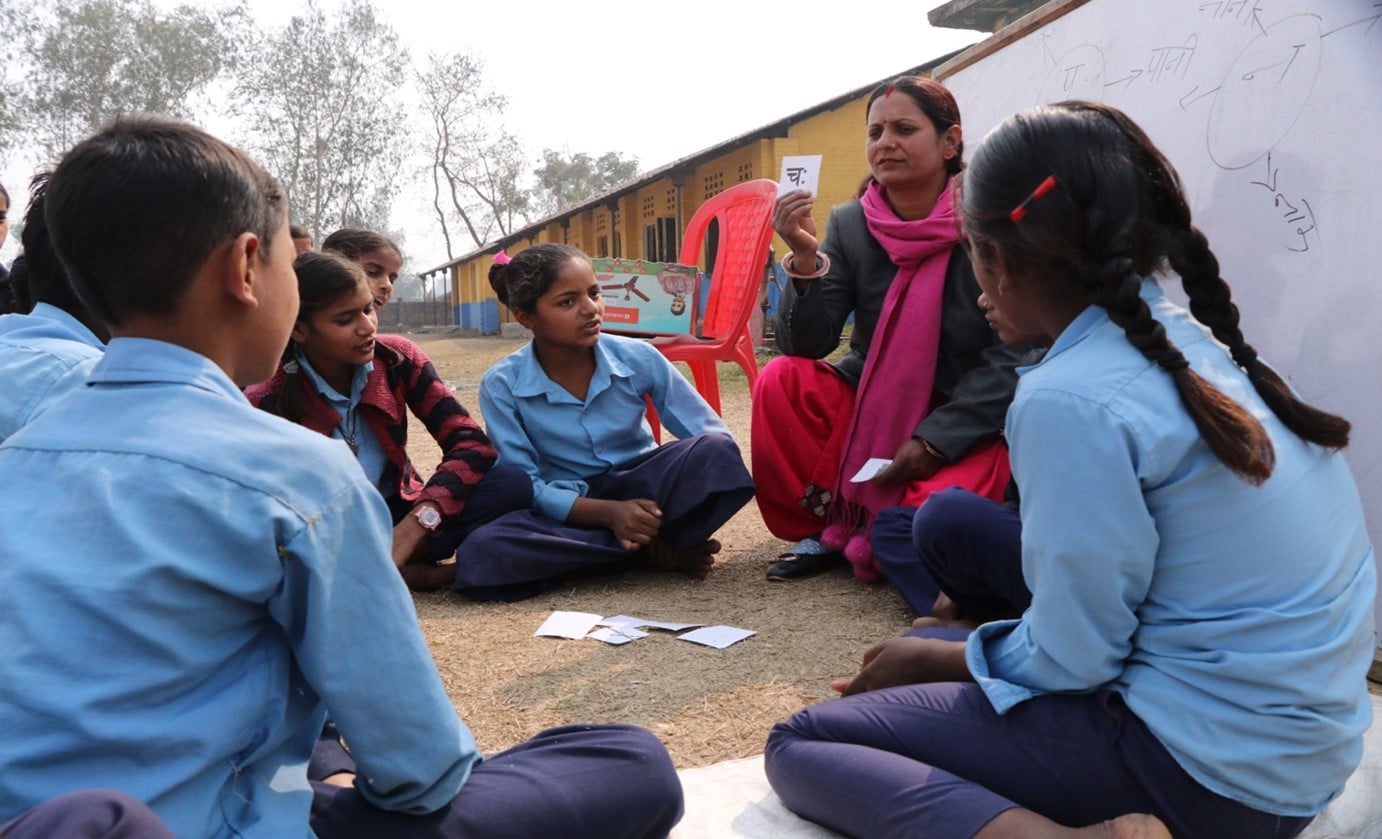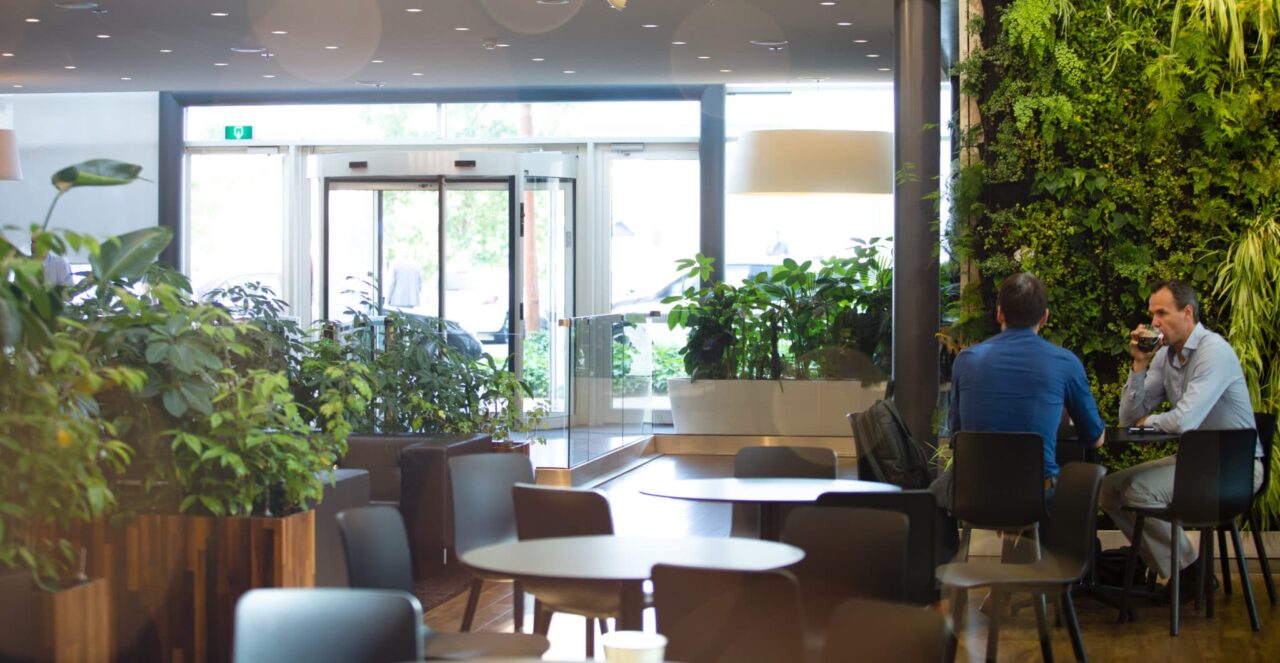Liberty Global is launching a joint project with long-standing charity partner, Street Child, to provide marginalised girls in a small Nepalese community with critical STEM – science, technology, engineering and mathematics – education and training.
Through our initial funding, up to 500 girls in Madhesh Pradesh, a province in Nepal, will benefit from a pilot STEM programme that includes coding camps and robotics courses – all bolstered by AI-powered design. The initiative, called Naveenta: Innovating for an Improved Future, reflects our joint goal to create opportunities for girls who have long been excluded from STEM education and careers. Naveenta means ‘innovation’ in local language.
Aligning with our People Planet Progress strategy, the project exemplifies our commitment to Tomorrow’s Workforce, focusing on equipping young people with essential skills for careers in a digital society. It also builds on our commitment to bridging both the digital divide and the gender gap in STEM education.
The project will accelerate the community’s access to STEM by:
– Establishing STEM clubs in 40 schools, integrating AI components.
– Educating students on risk management and digital safety.
– Conducting advocacy campaigns in 100 communities to raise awareness of the importance of gender equality in STEM and the employment opportunities available.
– Creating networking and mentorship opportunities with existing STEM professionals to inspire and guide young women.
Addressing the digital divide
In Nepal, just 0.5 percent of working women are employed in STEM-related industries. According to Street Child, deep-rooted inequalities – spanning caste, class, geography, and gender – severely limit women’s ability to engage with technology and secure future-ready jobs.
The country is also amongst the most significantly affected by climate change in Asia. Since 2015, Street Child have been on the ground providing emergency aid in response to floods and landslides that have destroyed school infrastructure and halted access to education. These natural disasters have led to disrupted learning and increased dropout rates, particularly for girls and young women. To address these barriers, Street Child has partnered with Karkhana Samuha, a leading local organisation in digital literacy and digital transformation in Nepal.
A global commitment to girls’ education
Through our decade-long partnership, Liberty Global has helped Street Child reach hundreds of thousands of children in some of the world’s most fragile and marginalised communities. In the past year alone, Street Child has supported over 250,000 girls with access to education, mental health support, and the resources they need to stay in school. Additionally, more than 75,000 families, primarily women, have been provided with business grants to create sustainable incomes, ensuring that their children can continue learning. On average, each grant supports two children to remain in education.
Molly Bruce, Vice President of Corporate Responsibility and ESG Communications, said: “Access to education, especially in STEM, is key to unlocking opportunities and driving meaningful change. We’re proud to partner with Street Child on Naveenta, helping to empower Nepal’s most marginalised girls with the skills, confidence, and opportunities to shape their futures. The initiative aligns meaningfully with our People Planet Progress strategy, including our commitments to bridging the digital divide and advancing inclusive connectivity.”
Lucinda Dannatt, Co-Founder and Director of Development and Policy at Street Child, said: “We’re grateful for the ongoing partnership with Liberty Global, which connects thousands of marginalised children to foundational learning each year. Foundational literacy and numeracy are vital to laying the groundwork for initiatives like this, ensuring that girls have the necessary skills to succeed in these opportunities. With Liberty Global’s continued support every step of the way in these girls’ educational journeys, we can help them shape their own futures and contribute to the innovation and progress of their communities.”





